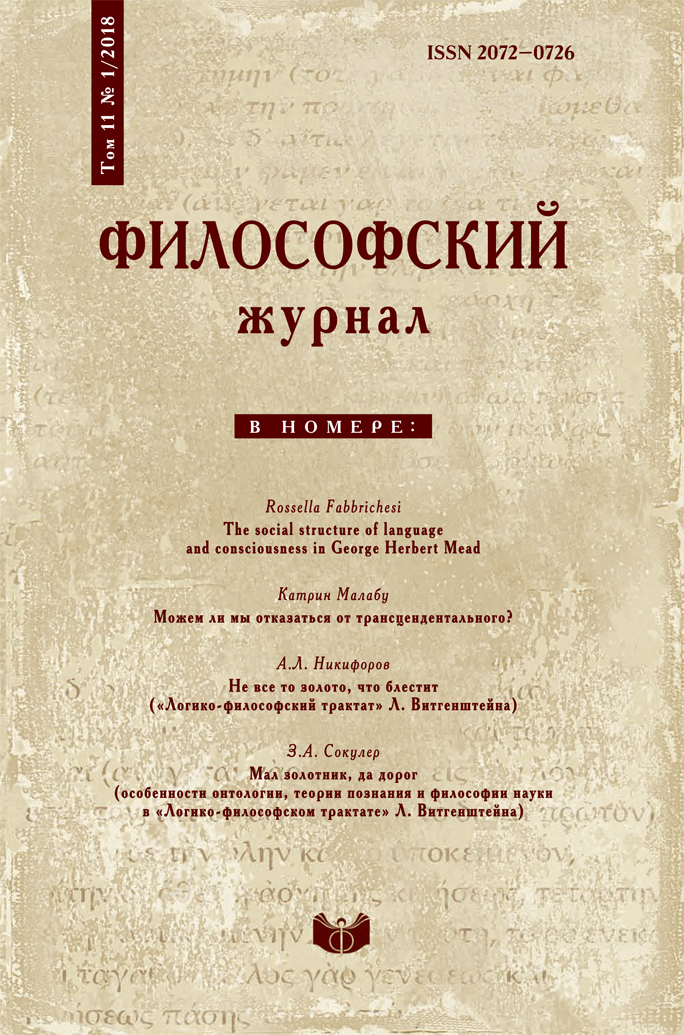The doctrine of pietism: did the religious Enlightenment ever take place in Germany?
DOI:
https://doi.org/10.21146/2072-0726-2018-11-1-81-98Keywords:
pietism, Philipp Spener, Martin Luther, Christianity, papism, reason, faith, sola fide, Enlightenment, religion, moralsAbstract
This is a study of the pietist religious movement which took shape in Germany in mid- 17th century and continued to be an important factor throughout the Enlightenment pe¬riod. Often pietism is associated with reactionary forces hampering the dissemination of the Enlightenment ideas. Not the least role in the forming of this perception played the ill-famous banishment of Christian Wolff from Halle, initiated by the pietist Joachim Lange. Today, however, scholars have come to believe that the hitherto universally accepted view of Lange’s critique of Wolff’s metaphysics, dispraising the former as academically untenable, lacks serious grounds and, therefore, that the entire picture of pietism as a reactionary force is by no means a well justified one. There can be no doubt, of course, that pietism, due to its religious and Lutheran origins, retains much in common with the principles of Luther’s doctrine. At the same time, however, pietists radically reconsidered some of the fundamental notions of Lutheranism, so that their position in many points effectively approached that of the philosophers of the early Enlightenment. Among such points of convergence one can single out the ideas about the nature of human mind and its possible benefits, as well as the firm rejection of prejudice and false belief, above all in morals and religion. This gives one the right to speak about pietism as a phenomenon of German religious Enlightenment, though important reservations should be made to account for the fact that while pietists shared the same goals with the Enlightenment philosophers, methods applied in either case remained different and even strictly opposite. Both groups were aiming at illuminating the human reason, but while for the philosophers this meant the emancipation of reason, for pietists it amounted to achieving the divine illumination of spirit.






